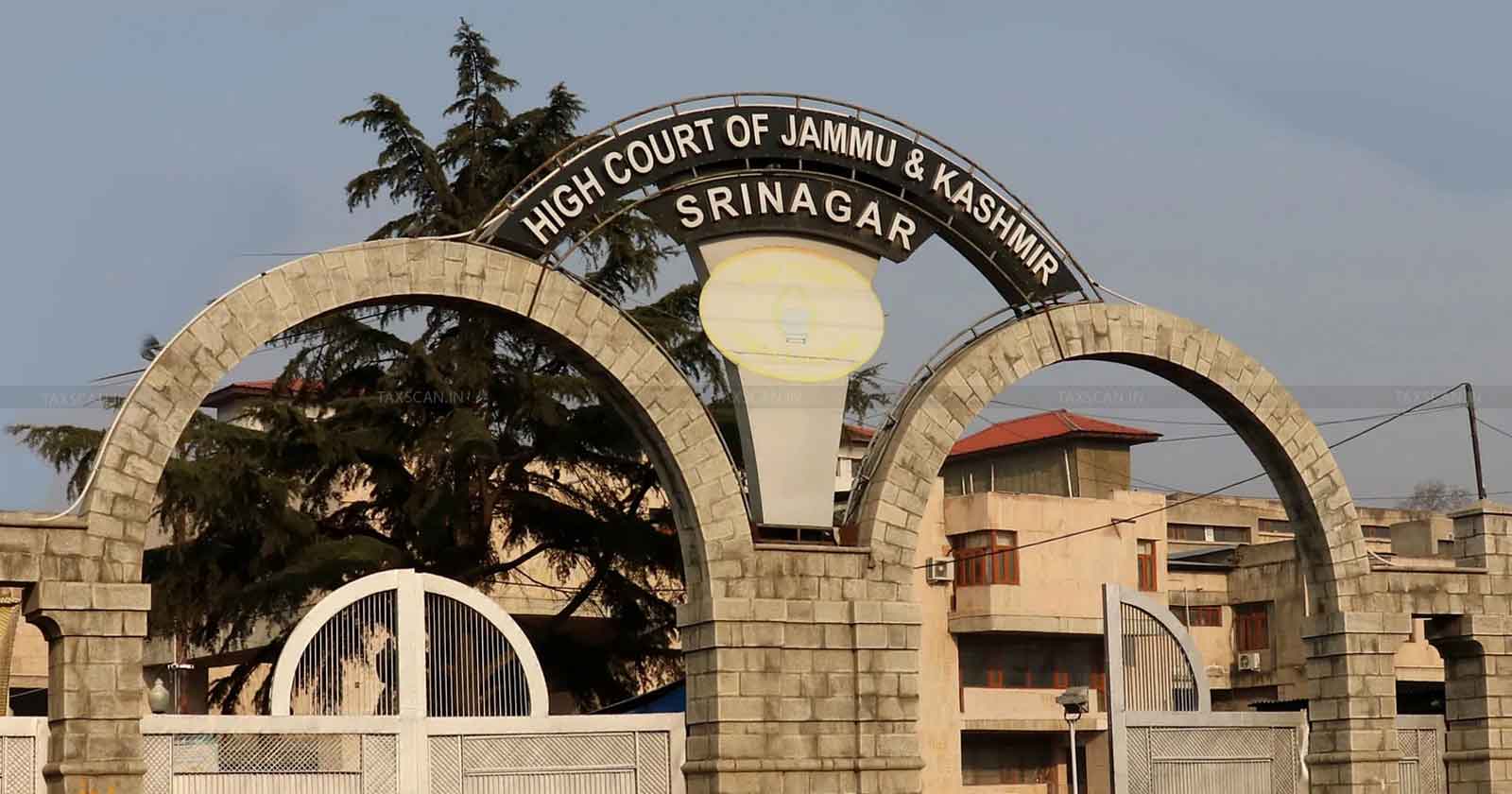Orissa Quarry Tender Dispute: Supreme Court holds Valid Income Tax Return and GST Certificate Sufficient to Qualify as Bidder [Read Order]
The Supreme Court set aside the order of Orissa High Court deeming its allowing of the petition to be a ‘gross error’.
![Orissa Quarry Tender Dispute: Supreme Court holds Valid Income Tax Return and GST Certificate Sufficient to Qualify as Bidder [Read Order] Orissa Quarry Tender Dispute: Supreme Court holds Valid Income Tax Return and GST Certificate Sufficient to Qualify as Bidder [Read Order]](https://images.taxscan.in/h-upload/2025/06/14/2044416-quarry-site-img.webp)
The Supreme Court of India recently set aside an order of the Orissa High Court where it called for a re-tender in respect of the Karangadihi Sand Quarry. The division bench of the apex court held that the submission of a valid Income Tax Return and GST clearance certificate was sufficient compliance for bidder qualification under the tender conditions.
The relief was granted to Appellant, M/s Sri Venkateswara Constructions and others, challenging the High Court’s order which had quashed the original selection of the bidder and directed a fresh tendering process.
 Also Read:GST Rate Mentioned Prevalent on Day of Receipt of Tender is Leviable by contractors. J&K HC [Read Order]
Also Read:GST Rate Mentioned Prevalent on Day of Receipt of Tender is Leviable by contractors. J&K HC [Read Order]
The factum follows an auction notice announced by the Tahasildar, Banspal (Respondent No.2 herein) for the long-term lease of the Karangadihi Sand Quarry for five years from 2022 to 2027. After the opening and scrutiny of the bids, it was found that the appellant had quoted the highest additional charge of ₹589, while Respondent No. 4, M/s P.K. Minerals (P) Ltd. had quoted the second highest additional charge of ₹221.
Comprehensive Guide of Law and Procedure for Filing of Income Tax Appeals, Click Here
Subsequently, Tahasildar declared Venkateswara Constructions as the successful bidder on the ground that all requisite documents, including the latest Income Tax Return and GST certificate from the jurisdictional officer, were duly submitted. The announcement was unsuccessfully contested by P.K. Minerals before the Sub-Collector.
 Also Read:GST on Royalty paid by Quarry Lessor Contracting with State Government: Gujarat HC stays Coercive Action [Read Order]
Also Read:GST on Royalty paid by Quarry Lessor Contracting with State Government: Gujarat HC stays Coercive Action [Read Order]
Aggrieved, P.K. Minerals challenged the validity of the tender process before the Orissa High Court and sought cancellation of the award in favour of Sri Venkateswara Constructions. The Orissa High Court noted that Sri Venkateswara Constructions had filed ITR for the financial year immediately preceding the bid submission date, and therefore failed to meet the mandatory condition under Rule 27(4)(iv) of the Odisha Minor Minerals Concession (Amendment) Rules, 2022.
Ranjeet Singh, appearing for the appellant submitted that the appellant was a tax-audited firm with turnover exceeding ₹1 crore, and that the Income Tax Return for FY 2021–22 was not due until 31.10.2022, hence, submission of the FY 2020–21 return was lawful and valid at the time of bid submission.
Understanding Common Mode of Tax Evasion with Practical Scenarios, Click Here
Additionally, the GST certificate issued by the Superintendent of Central GST confirmed no outstanding dues and that the re-tender order resulted in loss of competitive advantage and investments already made in connection with the lease.
Meanwhile, Tejaswi Kumar Pradhan, Anindita Kiran Kumar Patra and Kiran Kumar Patra appeared for the respondents and was of the opinion that the appellant criticized the veracity of the Income tax return and the GST certificate adduced while critiquing the “premature action” taken by the Tahsildar and failure to verify the authenticity of the certificates.
The Division Bench of Justice Bela M. Trivedi and Justice Prasanna B. Varale observed that the Tahsildar was justified in accepting the Income Tax Return for FY 2020–21, since the FY 2021–22 return was not yet due.
It was affirmed that the certificate from the GST authority sufficiently indicated compliance, despite carrying standard caveats. The apex court found no illegality in the process adopted by the revenue authorities, and observed that the appellant’s bid was substantially higher, which could have benefited the State exchequer.
The respondent, on the other hand, failed to submit an official GST no-dues certificate and merely provided a GST portal screenshot, which did not satisfy the tender conditions
Consequently, the Bench noted that the Orissa High Court had committed a gross error in interfering with a fair and valid selection. The Supreme Court accordingly allowed the appeals and quashed the impugned order.
Support our journalism by subscribing to Taxscanpremium. Follow us on Telegram for quick updates


